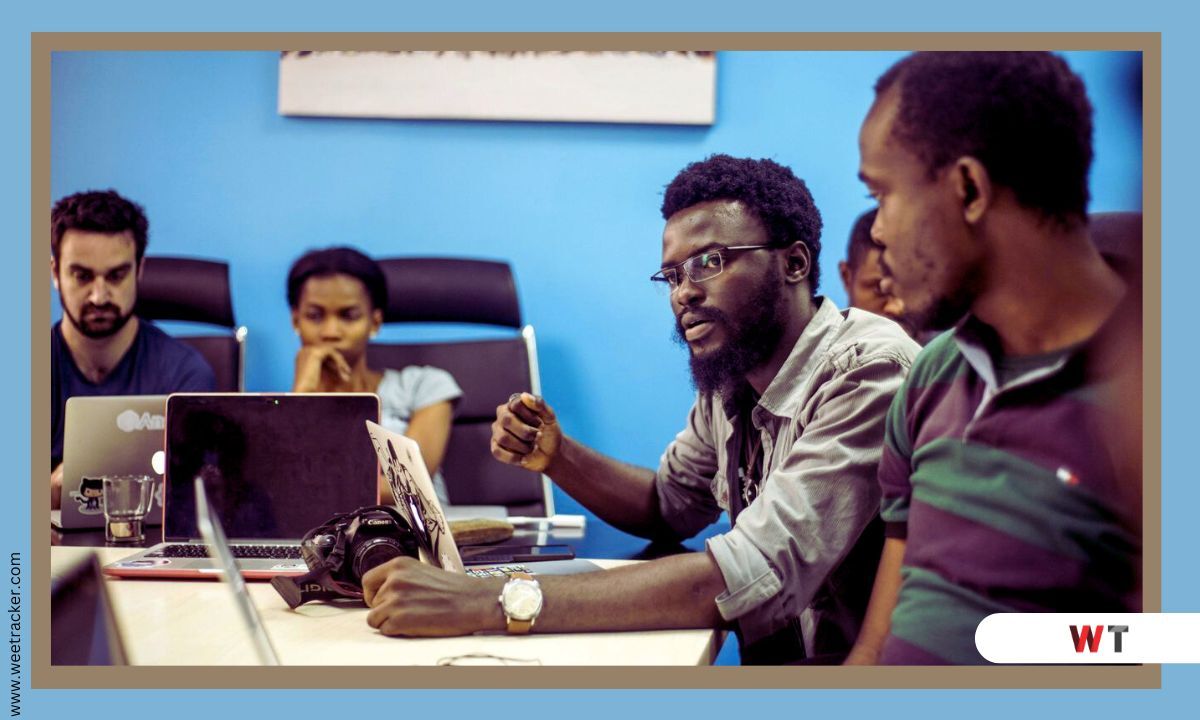Nigerian Founders Stranded As Startup Fave Mercury Pulls The Plug

Nigerian startup founders and tech industry stakeholders are reeling from a recent decision by Mercury Bank to close accounts linked to businesses located in the country, as well as more than 30 other nations across Africa, Asia and parts of Europe and the Middle East. The move, effective August 22, 2024, has sent shockwaves through the local tech ecosystem, leaving many scrambling for alternatives.
The San Francisco-based digital bank, a popular choice for African startups and more so since the demise of Silicon Valley Bank, cited “recent changes in how we determine account eligibility” as the reason for the closures. However, the decision comes amid heightened regulatory scrutiny of the fintech sector and Nigeria’s placement on the Financial Action Task Force (FATF) greylist.
“They just sent startup founders from certain countries 30 days’ notice to move their money,” lamented Oluyomi Ojo, co-founder of the on-demand printing platform Printivo. “No explanations, no considerations.”
This isn’t the first time Mercury has faced backlash from Nigerian startups. In March 2022, the bank abruptly restricted several accounts without explanation, citing “unusual activity.” This move triggered widespread criticism and accusations of discrimination.
“Mercury closed my accounts too even with founders living in the US,” Sultan Akintunde, co-founder of AltSchool Africa and TalentQL, shared on X. “Comparing Nigeria to Afghanistan is funny.”
***
African startups have increasingly turned to Mercury as a banking lifeline. The continent’s tech scene, fueled by billions in foreign investment, necessitates a global financial footprint. Many startups incorporate outside Africa to access these funds and often establish a US presence, a common practice among early-stage investors.
Traditional banking hurdles within Africa make US bank accounts essential for smooth operations. Launched in 2019 by serial entrepreneur Immad Akhund, Mercury’s user-friendly platform offered a solution, enabling startups to open US accounts remotely. Its convenience and accessibility made it a preferred choice among African founders navigating a complex financial landscape and hedging against local currency controls and depreciation.
The latest development bringing wholesale account closures has raised concerns about the broader treatment of African startups in the global tech ecosystem. “Losing our Mercury Bank account because ‘Nigeria’ is a huge blow,” said Alexander H., founder of HRtech startup Synergyy. “The continued discrimination of African Startups in the global market is not a welcome development.”
The closure of Mercury accounts will undoubtedly impact Nigerian startups heavily reliant on dollar funding and international operations. Many founders are now exploring alternative banking options to mitigate the disruption.
Mercury itself has been under intense regulatory scrutiny. In March 2024, The Information reported that the Federal Deposit Insurance Corporation (FDIC) expressed concerns over Mercury’s partner bank, Choice, opening accounts for foreign companies through questionable methods. The FDIC also criticized Choice for lax compliance checks, including a system that flagged suspiciously few suspicious transactions.
***
These regulatory issues, coupled with Nigeria’s greylisting, have likely contributed to Mercury’s decision to tighten its criteria for account eligibility. The move underscores the challenges faced by startups operating in a complex regulatory environment and the ripple effects on startups in emerging markets. But experts reckon cutting off Nigeria is overly harsh.
“Nigeria is only on the FATF’s Grey list which specifically states that even enhanced due diligence is not mandated on the country’s nationals. Talk less of cutting off entire classes of customers’ So, really, on the international scene, Nigerians are “bankable,” argues Benjamin Dada, working on Business & Product for Nigerian-born fintech Moniepoint Group.
“It’s now left to the countries, and regulated entities, to determine their risk appetite and if they want to deal with members on the Grey list, they should be putting in place adequate measures to prevent money laundering, terrorism and proliferation financing,” Dada added. “You don’t botch the job at the level of managing higher-risk customers and your other compliance duties and then make Nigerians (or customers with lesser risk) a casualty…because now you want to show a stricter risk management regime. Frustrating.”
As the situation unfolds, the broader implications for the Nigerian tech ecosystem will be felt. With increased regulatory pressure and a challenging operating environment, startups face significant hurdles in their quest for growth and success.
“In 2019, just after our Series A. FRB had just closed our account and handed us a cheque of USD 5 M,” Nomba Founder Adeyinka Adewale shared on X, pointedly. “I & Pelumi, walked from bank to bank on the street of San Francisco, with a USD 5 M cheque finding a bank, they all said gtfko,” he distinctly recalls.